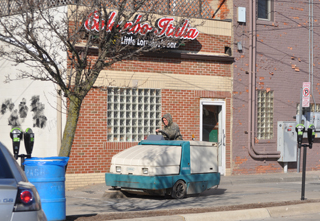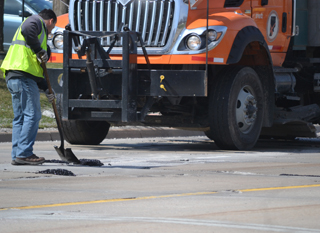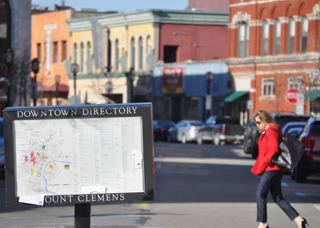Today, the House Commerce Committee passed out HB 5273, a bill dealing with Local Stock Exchanges. HB 5273 would give businesses and residents in Michigan the ability to create a stock exchange through which intrastate stocks can be listed, bought, sold and resold. Those interested in purchasing stock from local companies would have easy access to the listings of all the companies on the exchange and show these potential investors that there is indeed a market for what they may be purchasing. Exchanges must apply and be registered with the state as well as follow rules of operation laid out in the legislation which will provide security for all those participating, both the businesses and the investors.
There are some concerns with the Department of Licensing and Regulatory Affairs that are being worked on and will continue to be worked on as the process moves forward.
This is the next progression from the MILE/crowdfunding legislation that was passed earlier this year and we are thankful to Rep. Jenkins for working so diligently to help small businesses in our local communities grow and prosper.
Nikki Brown is a legislative associate for the League handling economic development and land use issues. She can be reached at nbrown@mml.org or 517-908-0305.





